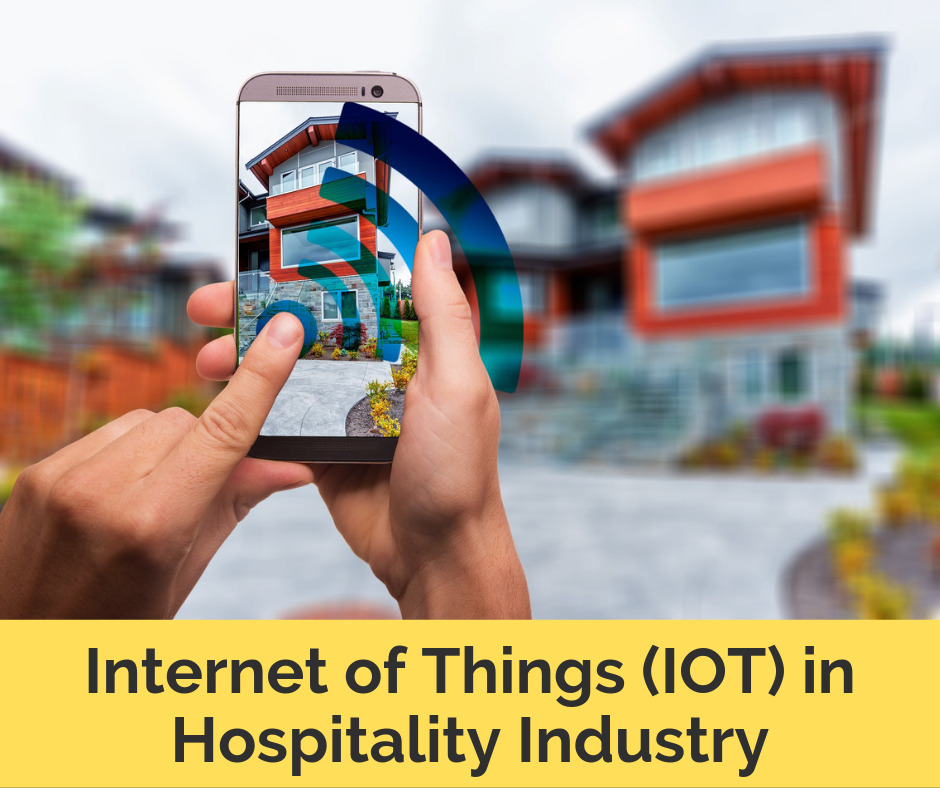internet of things hospitality industry
Imagine walking into your hotel room and the lights turn on automatically, the curtains open, and your favorite music starts playing. Sounds like a dream, right? Well, with IoT in the hospitality industry, this dream is becoming a reality.
The Benefits of IoT in the Hospitality Industry:
IoT, which stands for the Internet of Things, is a network of physical devices, vehicles, home appliances, and other items that are embedded with software, sensors, and connectivity to enable them to connect with each other and exchange data. In the hospitality industry, IoT is being used to provide guests with a personalized and seamless experience.
Abstract:
The use of IoT in the hospitality industry is expected to grow exponentially in the coming years. Its ability to provide personalized and seamless experiences is something that is becoming a priority for guests. IoT is transforming the way hotels operate and is providing opportunities for hotels to differentiate themselves from competitors.
Introduction:
The hospitality industry has always been known for its attention to customer service. Providing guests with a memorable experience is at the core of the industry. With the introduction of IoT, hotels are now able to provide guests with an even higher level of service. IoT is revolutionizing the way hotels operate and interact with guests.
What is IoT in Hospitality?
IoT in hospitality refers to the use of smart devices and sensors to create a more personalized and seamless guest experience. This technology allows hotels to gather data about guests’ preferences and behaviors, which can then be used to tailor their experience. Examples of IoT in hospitality include smart thermostats, automated lighting, and digital assistants.
Benefits of IoT in Hospitality:
Personalized Service:
With IoT, hotels are able to gather data about guests’ preferences and behaviors. This data can be used to personalize the guest’s experience. For example, if a guest always orders room service at a certain time, the hotel can use this data to proactively offer room service at that time in the future.
Increased Efficiency:
IoT devices can help hotels save time and money by increasing efficiency. For example, smart thermostats can adjust the temperature based on whether a room is occupied or not, which can save energy and lower utility costs.
Improved Safety and Security:
IoT devices can also improve safety and security in hotels. For example, smart locks can be used to ensure that only authorized individuals have access to certain areas of the hotel. Additionally, smart security cameras can be used to monitor activity and prevent theft and vandalism.
IoT Use Cases in Hospitality:
There are many use cases for IoT in the hospitality industry. Here are a few examples:
Smart Rooms:
Smart rooms are becoming increasingly popular in hotels. These rooms are equipped with a variety of IoT devices that can be controlled through a mobile app or voice commands. For example, guests can use their phone to adjust the temperature, control the lights, or order room service.
Guest Recognition:
IoT can be used to recognize guests when they enter the hotel. For example, if a guest has stayed at the hotel before, the hotel can use data from previous stays to personalize the experience. The hotel can also use facial recognition technology to identify guests and provide a seamless check-in process.
Asset Tracking:
Hotels can use IoT to track assets such as linens, towels, and toiletries. This can help hotels keep track of inventory and ensure that rooms are properly stocked.
Virtual Concierge:
Virtual concierges are becoming more common in hotels. These are AI-powered digital assistants that can answer guests’ questions and provide recommendations. They can also be used to book reservations and order services.
Conclusion:
IoT is transforming the way hotels operate and interact with guests. With its ability to provide personalized and seamless experiences, IoT is becoming a priority for hotels. From smart rooms to virtual concierges, there are many use cases for IoT in the hospitality industry. As the technology continues to develop, we can expect to see even more innovative uses for IoT in hotels.

Source image : www.ezeeabsolute.com

Source image : www.teqblogs.com

Source image : www.hotelogix.com


